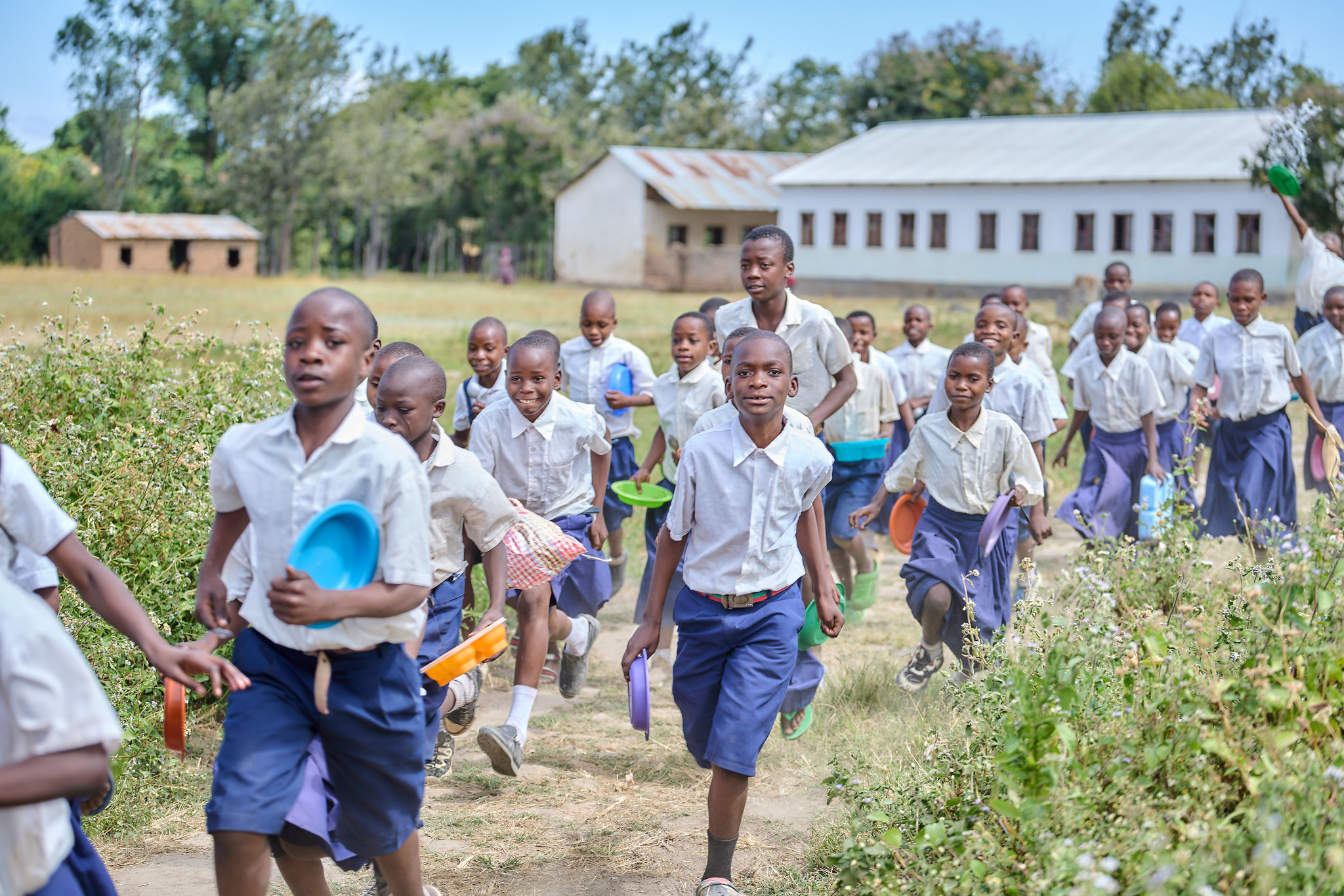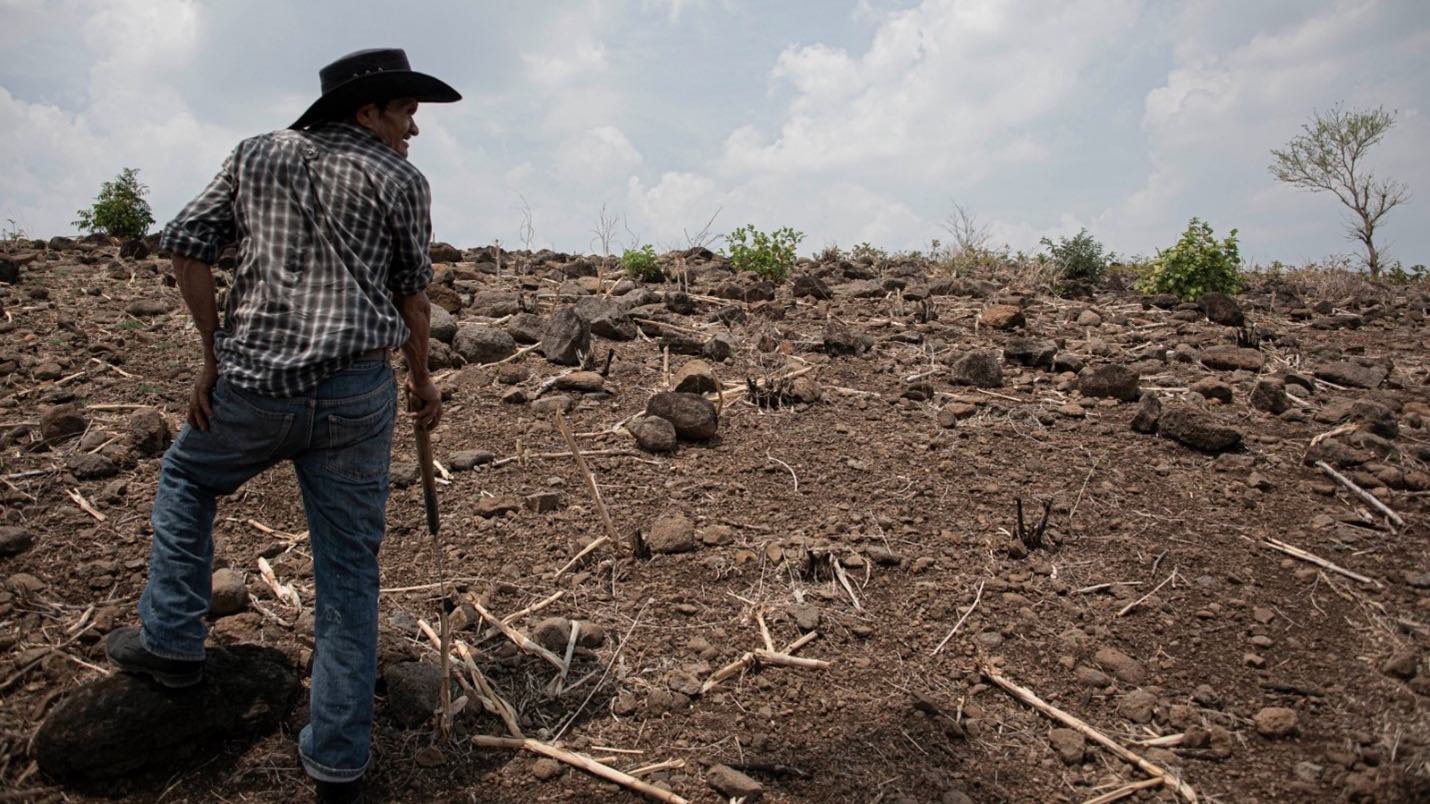A Spanish-language version of the popular CGIAR Program on Collective Action and Property Rights (CAPRi) sourcebook is now available.
The sourcebook, Recursos, derechos y cooperación Manual de herramientas de referencia sobre derechos de propiedad y acción colectiva para el desarrollo sustentable, illustrates—through text and original hand-drawings—the lessons the CAPRi program has learned from its nearly 16 years of extensive field work and research on the role of the poor in the sustainable management of land and other resources in the developing world.
Targeted to development organizations that work with communities and policymakers, the sourcebook explains concepts, empirical findings, and their implications for action in clear language and offers frameworks, guidelines, methods, and tools for addressing institutional issues in development work.
The sourcebook is already an essential tool for development practitioners, professors and research organizations around the world who deal with these issues on a daily basis.
- It provided the core readings for 2010 training courses for Ministry of Environment and NGO staff in San Salvador, El Salvador.
- The Foundation for Ecological Security in India uses the sourcebook in their staff training and outreach on issues of commons management.
- Professors at Georgetown University in Washington, DC and Mariano Marcos State University in the Philippines have integrated book chapters into their courses.
- The book was translated into Chinese for a master’s level seminar at Renmin University in China.
The English language version of the sourcebook has been downloaded 1,300 times and has been widely distributed at international events, including the January 2011 International Association for the Study of the Commons (IASC) Conference in Hyderabad, India. It has landed on the desks and bookshelves of government officials, think tank researchers, professors, and other players in the collective action and property rights world.
The Spanish language sourcebook is poised to influence the way that Central and South American communities grapple with the complex issues associated with collective action and property rights—from supply chains and risks to gender and climate change.
Visit the CAPRi website to download the English and Spanish versions for free.







